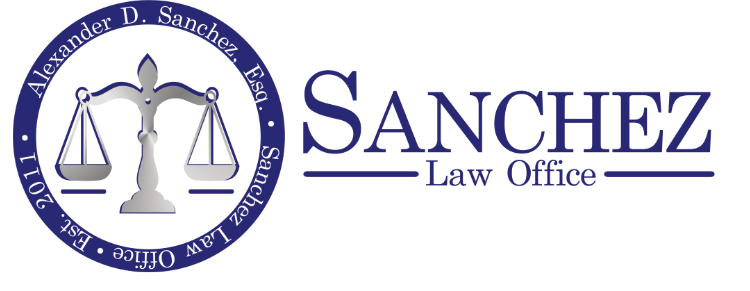Good Moral Character
For two of the most common forms of relief- voluntary departure and cancellation (for non-LPR’s)- the applicant must provide a showing that, among other things, he/she possesses a good moral character. A finding of good moral character is both statutory and discretionary. Moral excellence is not required nor can a single incident generally destroy a person’s chances of establishing good moral character.
Statutory Ineligibility
[INA §101(f), 8 USC §1101(f)]
A person shall not be considered a person of good moral character if, during the period for the form of relief, he or she was:
- Habitual drunkard. (But, rejected by 9th Cir. as violating equal protection clause.)
- Polygamist, prostitute, smuggler, crimes of moral turpitude, multiple crimes, drug crime (except a single offense of simple possession of 30 grams or less of marijuana).
- Illegal gambling: principle source of income or 2 or more gambling convictions.
- Person who has given false testimony for purposes of obtaining any benefit under INA (whether material or not).
- Conviction resulting in penal confinement of 180 days or more.
- Aggravated felony conviction post Nov. 29, 1990.
- Conduct such as participation in Nazi persecutions, genocide, torture. [INA 212(a)(3)(E)].
- Falsely claiming use citizenship, registering to vote or votes unless 1) each parent was USC, 2) person permanently resided in U.S. prior to age 16, 3) person reasonably believed that at time she was USC.
Discretionary Ineligibility
“The fact that any person is not within any of the foregoing [statutory] classes shall not preclude a finding that for other reason such person is or was not of good moral character.” INA §101(f). Example of discretionary ineligibility have included, but not limited to, behavior for: crimes not leading to automatic bar, non-final convictions on appeal, general conduct, possession of false documents (in context), knowingly and fraudulently falsifying tax returns.
